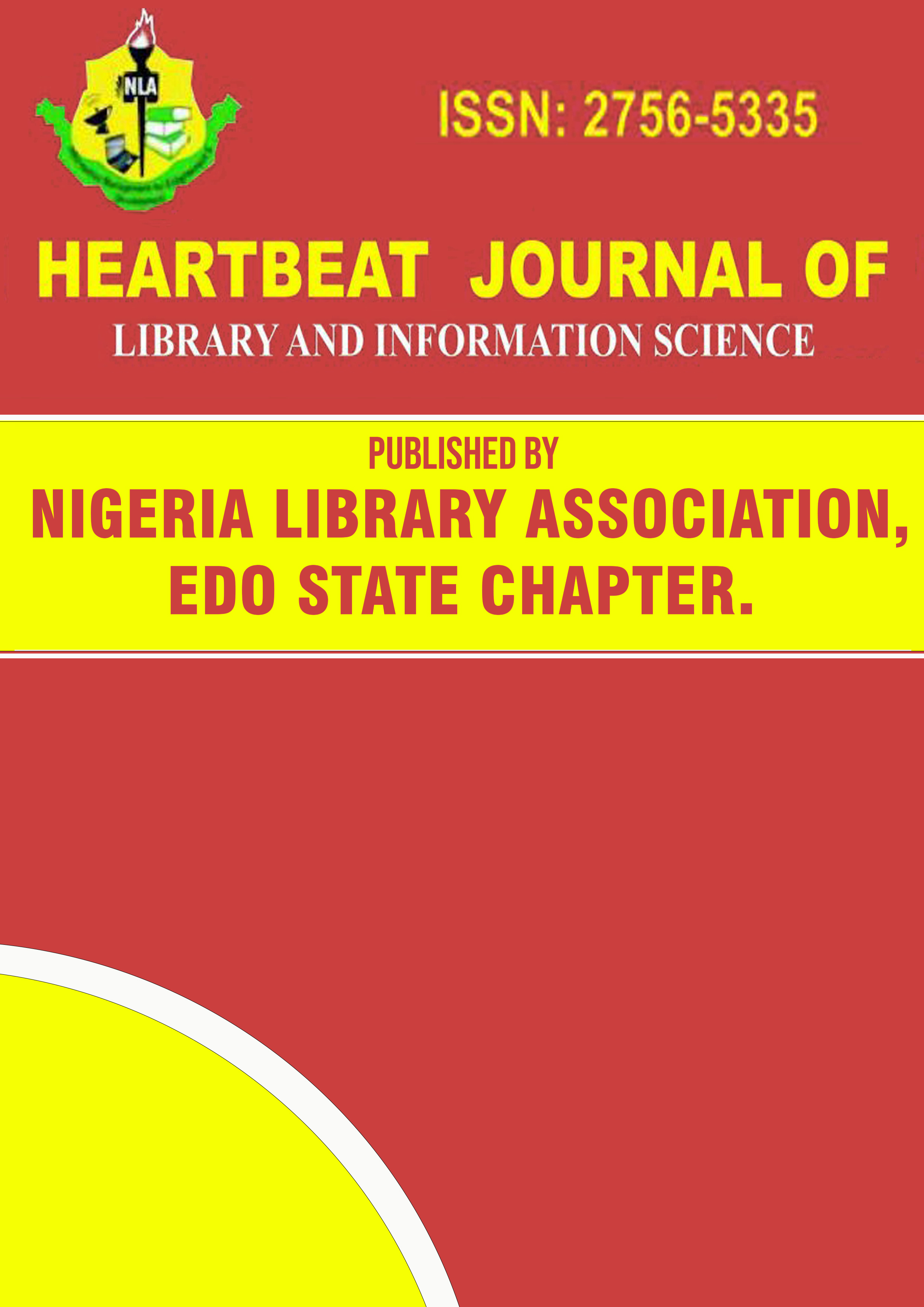Abstract
Building an inclusive society that enables people with disabilities to fully participate in social, economic, and educational activities requires making information accessible. The need of providing information accessibility for individuals with various disabilities like visual, auditory, motor, and cognitive impairments was emphasized in this study. The study looks at ways in which information can be more accessible to people with disabilities through libraries and information centers by providing them access to their resources, making accommodations for them in terms of facilities and equipment, offering referral services, using assistive technologies, etc. The benefits of information accessibility, such as enhancing learning outcomes, greater social inclusion, and independence, were also discussed. From the study, accessibility to information can assist people with disabilities to have equal access to opportunities, assist them in overcoming obstacles on education, employment, and social interaction, increase their level of independence and self-sufficiency, promote social inclusion and community involvement, and adhere to ethical and legal requirements. The study also examines the challenges and barriers to information accessibility by people with disabilities which includes poor policy implementation, ignorance, and technology limitations. Recommendations were provided in light of the study’s findings.
Keywords: Information, Accessibility, Information Accessibility, Disability, Assistive Technology



 National Library of Nigeria
National Library of Nigeria.jpg) Association of Nigerian Authors
Association of Nigerian Authors Nigerian Library Association
Nigerian Library Association EagleScan
EagleScan Crossref
Crossref